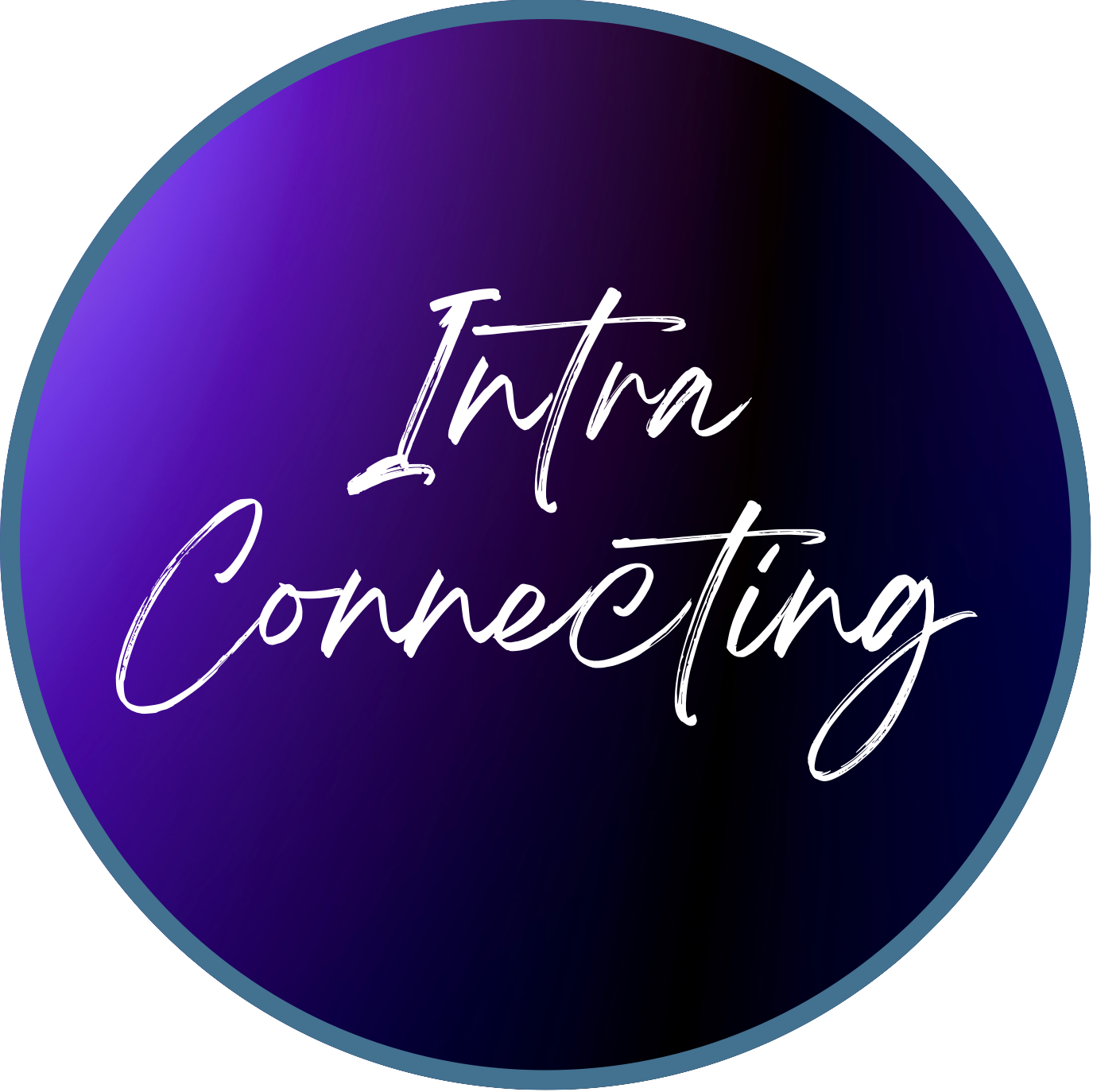What is Nonviolent Communication?
NVC was founded by Marshall Rosenberg, PhD (1934-2015). He wrote fifteen books, including the bestselling Nonviolent Communication: A Language of Life., and founded the international Centre for Nonviolent Communication in 1984. There are now hundreds of certified NVC trainers teaching NVC in more than 35 countries worldwide.
Nonviolent Communication (NVC) is a means of understanding ourselves and each other in which we recognise that all human beings share the same basic needs, and that every action we take is an attempt to get these needs met. It enables us to see our shared humanity, and to communicate across differences.
On a personal level it can support us to connect with ourselves and others on a deeper level, and bring more authenticity into our lives. On a societal level it has the potential to bridge across divides and differences, and to address some of the greater issues of our times.
‘Needs’ in NVC terminology refers to root desires and values that we can all identify with. Examples include acceptance, connection, autonomy, purpose, and security. When these needs are unmet we experience challenging or uncomfortable emotions, such as anger, sadness, disappointment, loneliness, fear, and anxiety. Recognising the connection between such feelings and unmet needs, in both ourselves and others, supports us to move beyond judgement into compassion.
The Four steps of the NVC Model
There are four basic components of NVC: observations, feelings, needs, requests. This translates into a sentence which can be formulated like this: ‘When…(insert observation of what happened)...I feel…(insert your emotional response)...because I need…(insert what matters most to you). Would you be willing to…(insert request)’. The focus is always on the intention to connect.
At first glance this seems simple - some people view it as mechanical and clunky (it can be when we’re first learning it, the same as when we learn any new language!). And yet there’s an astonishing amount of depth and nuance to NVC. It’s much more than a formula for how to speak. It’s more a doorway into a new way of being and interacting in the world, a lifelong journey into deeper understanding. It’s often more about listening and trying to understand other people’s perspectives than it is about trying to convey a message.
Learning NVC
Through the practice of NVC, we learn to slow down before we react, and to consider how well our communications are likely to be received. We learn to take responsibility for ourselves and our own emotions, and to stop blaming and judging others when we feel out of sorts. We learn to speak up for what matters to us, and to listen out for what matters most to others. And we learn to deepen our connections and have more meaningful, authentic relationships.
Practising NVC
The most effective way to learn NVC is by attending a workshop. While it’s true that you can learn a lot from reading a book, or watching videos online, unless you also learn how to put this into practice there’s a high chance that NVC will never be more to you than an interesting theory!
NVC trainings are experiential spaces, where you learn and practice techniques and processes to work through the actual issues that you’re dealing with in your life, with the support of experienced NVC trainers.
Want to read more about what NVC is? Mel shares some of her thoughts about it in this blog post

